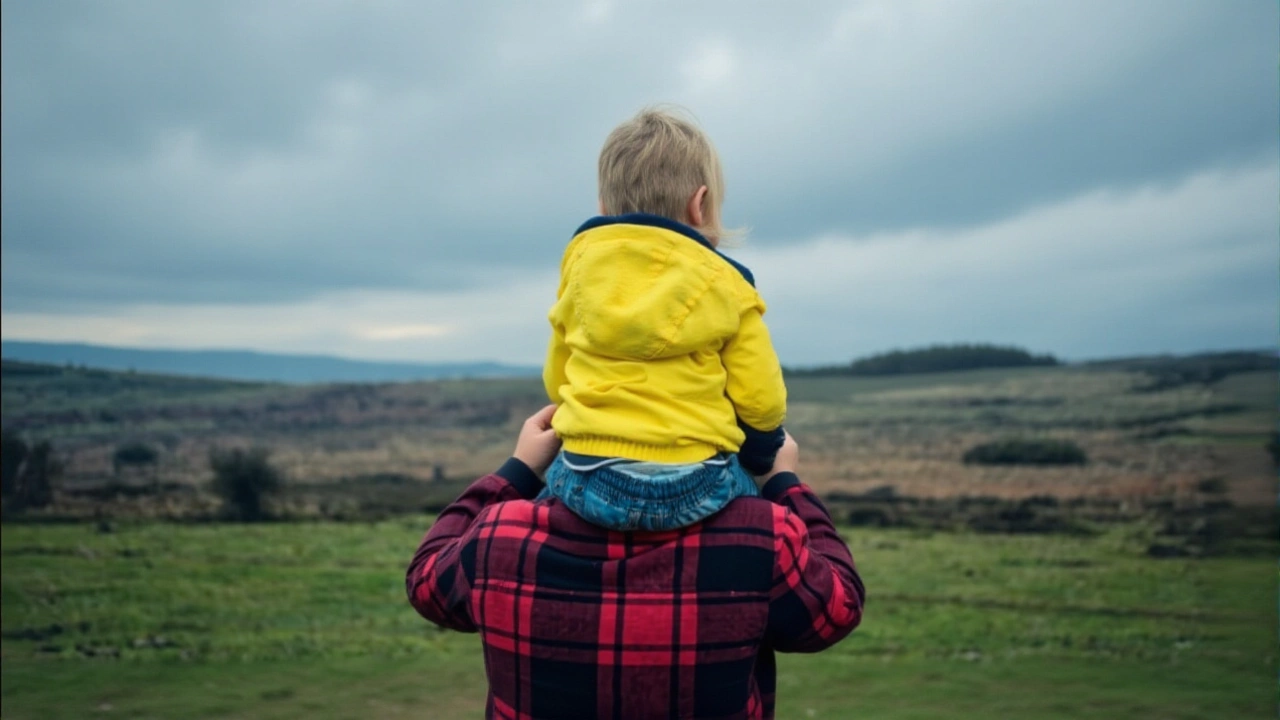When NHS England kicked off the autumn 2025 flu vaccination programme on 1 September, the country instantly saw a flurry of appointments for pregnant women, toddlers and school‑aged children. The rollout, guided by advice from the Joint Committee on Vaccination and Immunisation (JCVI), aims to shield those most vulnerable while curbing community spread. From that Thursday onward, pharmacies in England could vaccinate pregnant patients, and medical practices across the United Kingdom prepared for a second wave in October targeting seniors and other high‑risk adults.
Programme Overview and Timeline
Here’s the thing: the flu programme is split into two clear phases. Phase 1 started on 1 September and focuses on groups whose risk of severe flu complications is highest. Phase 2 is slated for October – the exact date will be confirmed by NHS England, but the list of eligible adults is already public.
Why the split? Children act as vectors; vaccinating them early reduces overall transmission, buying time for older adults who will be offered the shot later in the season.
Who’s Eligible in Phase 1
During the first phase, the following groups can receive a free flu vaccine at any NHS venue:
- Pregnant women at any stage of pregnancy
- All children who are 2 or 3 years old on 31 August 2025 – that means they were born between 1 September 2021 and 31 August 2023
- Primary‑school children from Reception to Year 6
- Secondary‑school pupils in Years 7‑11
- Children in clinical risk groups aged 6 months to under 18 years (as defined in the Green Book)
One local GP, speaking on condition of anonymity, said, “We’re seeing a lot of expectant mums calling in early – they appreciate the convenience of getting the jab at their pharmacy.”
Phase 2: Adults and High‑Risk Groups
When October rolls around, the second tranche opens for:
- Adults 65 years and over
- Adults 18‑64 years in clinical risk groups (as per the Green Book Influenza chapter 19)
- Residents of long‑stay care homes
- Carers receiving Carer’s Allowance or caring for an elderly or disabled person
- Close contacts of immunocompromised individuals
- Front‑line social‑care workers without an employer‑led occupational health scheme (including staff at registered residential care homes, domiciliary care providers, voluntary hospice managers and Personal Assistants paid via direct payments or personal health budgets)
Front‑line health and social‑care staff will also be able to get the jab through their employers, meaning most will not need to book via the national system.

Vaccine Options and Availability
Multiple vaccines have received authorisation for the 2025‑2026 season. Here’s a quick run‑down:
- Cell‑based trivalent influenza vaccine (IIVc) – made by CSL Seqirus, licensed from six months of age
- Vaxigrip (IIVe) – from Sanofi, also for six‑month‑old babies
- Influenza vaccine TIV MYL (IIVe) – by Viatris, six months onward
- Fluenz (LAIV) – a nasal spray from AstraZeneca, approved for ages 2‑< 18 years
- Supemtek TIVr (IIVr) – Sanofi’s high‑dose option for adults 18 years and older
- Adjuvanted trivalent influenza vaccine (aIIV) – CSL Seqirus product for those 50 years and older
- Efluelda TIV‑HD (IIV‑HD) – Sanofi’s high‑dose formulation for ages 60 and above
Some of these are egg‑free, a benefit for people with egg allergies. Pharmacies will start offering the vaccine to pregnant women straight away, and from 1 October they’ll roll out shots for the adult cohorts as well.
How to Book and What to Expect
Booking is straightforward. Eligible adults should head to the Flu Vaccine National Booking System – it’s the same portal used for COVID‑19 appointments. The site lets you select a pharmacy, a GP practice or a community clinic, then pick a slot that fits your schedule.
Remember, the flu vaccine is an annual affair. Even if you got the jab last year, you need a fresh dose because the virus mutates each season.
One nurse at a Coventry pharmacy noted, “People often think last year’s jab protects them forever. We stress that it’s a yearly habit, just like the flu‑season calendar.”

Expert Insights and Public Health Impact
Public‑health officials stress that vaccinating high‑risk groups can slash flu‑related hospital admissions by up to 40 % – a figure from last season’s modelling. The logic is simple: fewer severe cases mean less pressure on NHS hospitals during winter, when bed occupancy is already high.
Professor Emily Clarke of the University of Manchester, an authority on respiratory infections, says, “The combination of childhood immunisation and targeted adult outreach creates a double‑layered shield. It’s the most effective way we have to blunt the annual flu wave.”
Interestingly, the flu programme runs in parallel with the COVID‑19 vaccination effort. The two campaigns are coordinated so that individuals receive the flu jab at least six months after their last COVID dose, reducing any overlap in side‑effects.
Frequently Asked Questions
Who can get the free flu vaccine in Phase 1?
Pregnant women, children aged 2‑3 years, all primary‑ and secondary‑school pupils, and any child under 18 years who falls into a clinical risk group are eligible for a free NHS flu shot starting 1 September 2025.
What about adults who aren’t 65 yet but have health conditions?
Adults aged 18‑64 years who are listed in the Green Book as having clinical risk factors – such as asthma, diabetes, heart disease or immunosuppression – can receive the vaccine for free from the October rollout, provided they book via the national system.
Can I choose which flu vaccine I receive?
Generally, the NHS supplies the appropriate vaccine based on age and risk profile. Egg‑free or high‑dose options are offered to those who meet the specific clinical criteria, but individual choice is limited to what the provider stocks.
How do I book my appointment?
Visit the Flu Vaccine National Booking System website, enter your NHS number, select a pharmacy or GP surgery near you, and choose an available slot. You’ll receive a confirmation text and a reminder a day before your appointment.
Will receiving the flu jab affect my COVID‑19 vaccination schedule?
Health officials recommend spacing the two vaccines by at least six months. If you’ve had a COVID‑19 booster within the past six months, the flu vaccine can be delayed until the interval is met without compromising protection.






